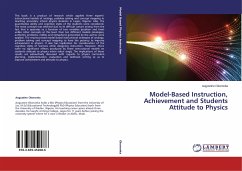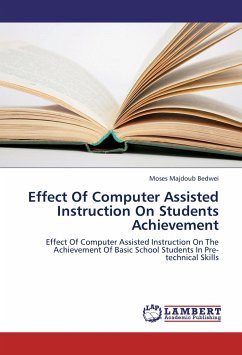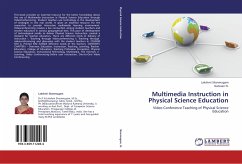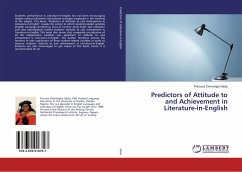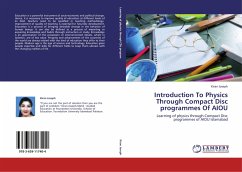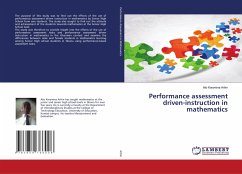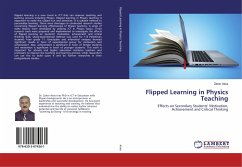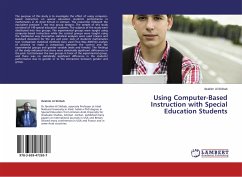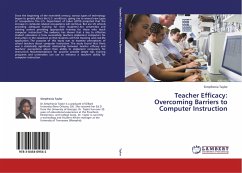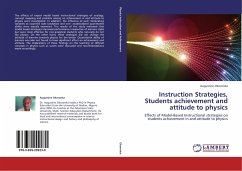
Instruction Strategies, Students achievement and attitude to physics
Effects of Model-Based Instructional strategies on students achievement in and attitude to physics
Versandkostenfrei!
Versandfertig in 6-10 Tagen
52,99 €
inkl. MwSt.

PAYBACK Punkte
26 °P sammeln!
The effects of expert model based instructional strategies of analogy, concept mapping and problem solving on achievement in and attitude to physics were investigated. In addition, the influence of such moderating variables as cognitive style (analytical and non- analytical)and quantitative ability were equally examined. The results of the study indicated that model based strategies improved performance irrespective of learners styles but were most effective for non-analytical students who naturally do not like physics. On the other hand, these strategies did not change the attitude of learner...
The effects of expert model based instructional strategies of analogy, concept mapping and problem solving on achievement in and attitude to physics were investigated. In addition, the influence of such moderating variables as cognitive style (analytical and non- analytical)and quantitative ability were equally examined. The results of the study indicated that model based strategies improved performance irrespective of learners styles but were most effective for non-analytical students who naturally do not like physics. On the other hand, these strategies did not change the attitude of learners towards physics for the better. Quantitative ability of learners was also not found to have significant effect on achievement and attitude. The implications of these findings on the teaching of difficult concepts in physics such as waves were discussed and recommendations made accordingly.



